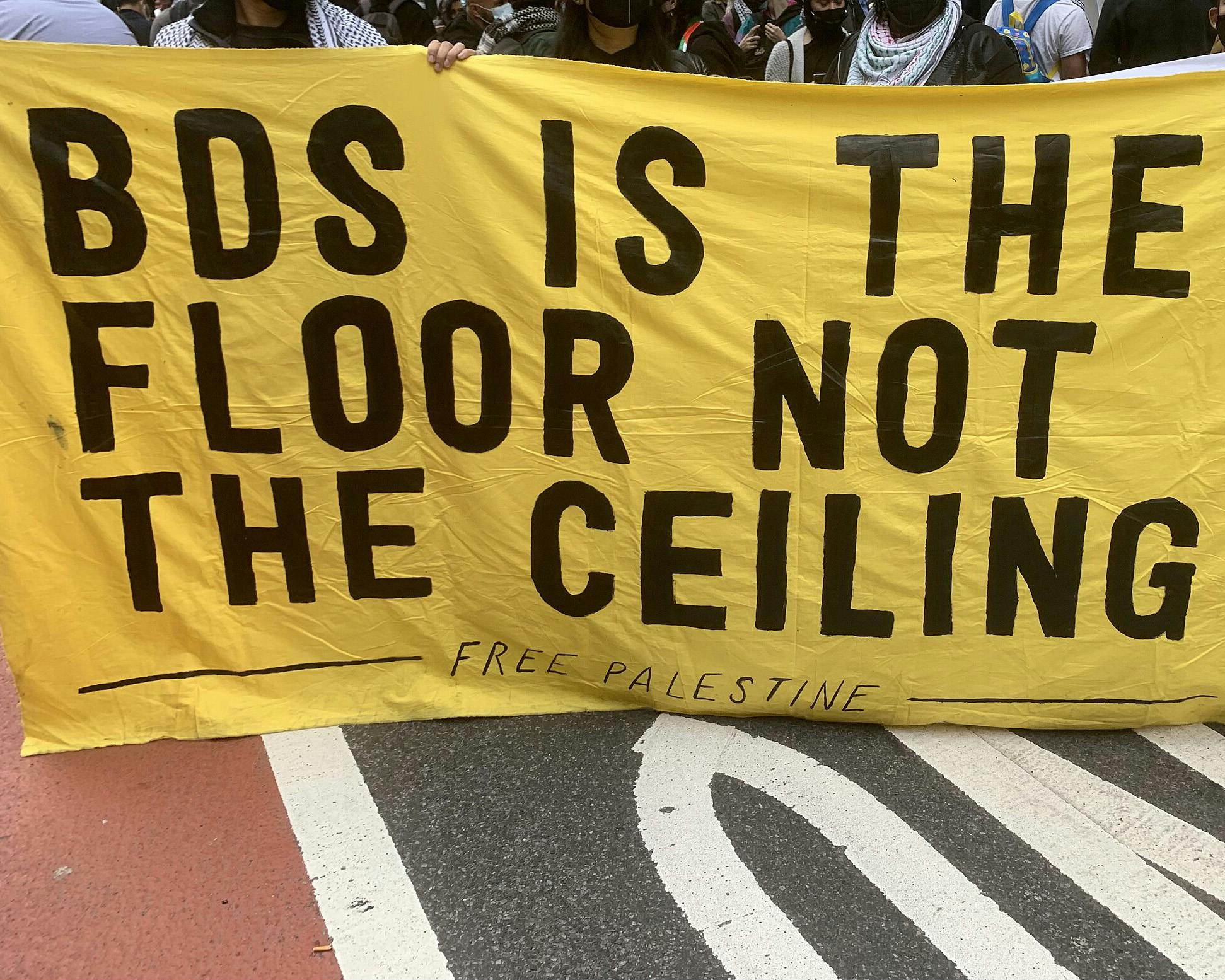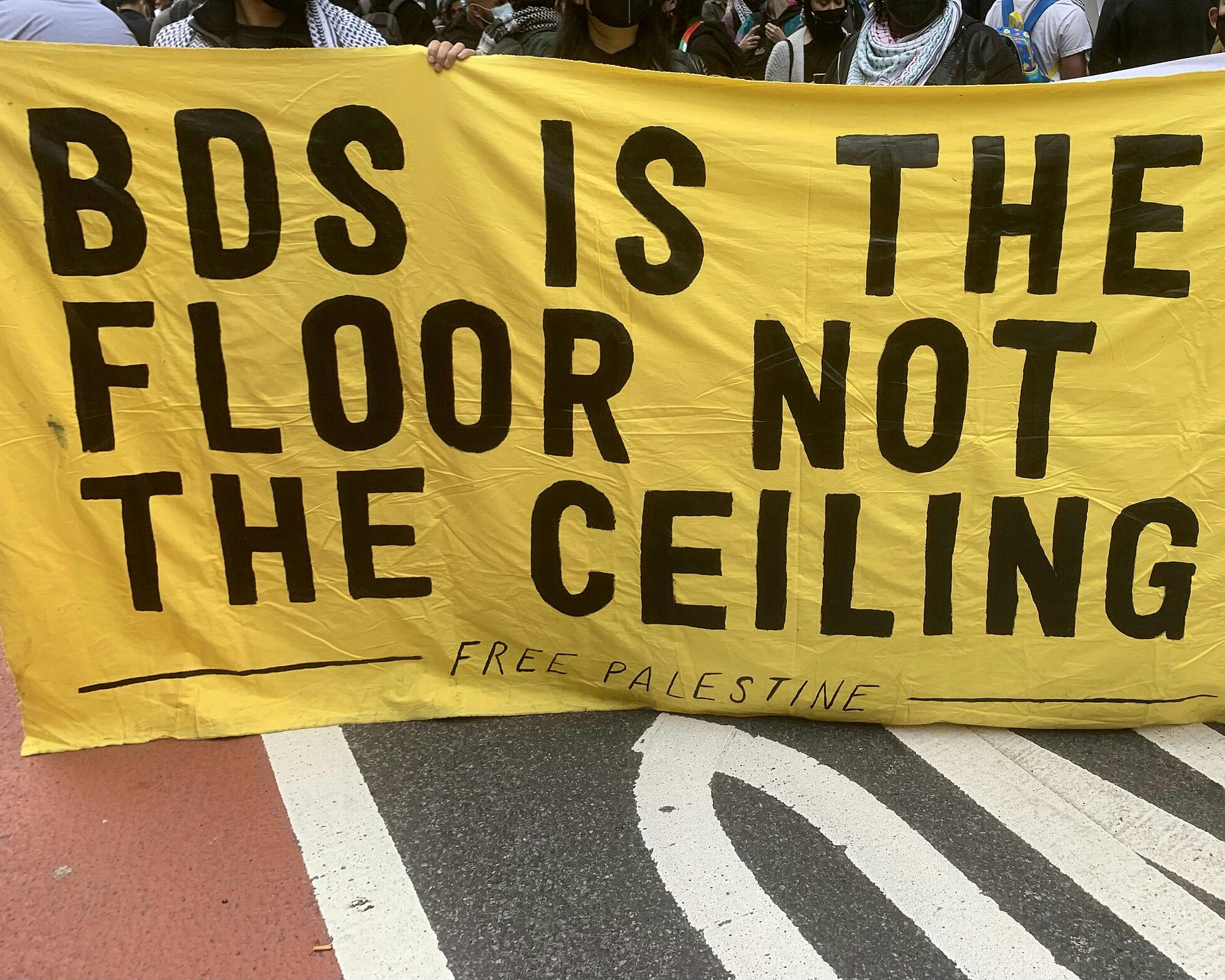Firewall: Google, Microsoft and Amazon Face Mounting Pressure to Boycott Israel

Wednesday, 16 July 2025 | Nearly two years into the war in Gaza, with harrowing images from Gaza broadcast globally, tech industry leaders face mounting internal and external pressure to boycott Israel.
The trend spans major companies, notably Google, but also unsettles Microsoft, Amazon, Meta, Intel and Nvidia, all of which maintain strategic research centers in Israel and sell billions in software and hardware there. Bloomberg reported this week that a group of 60 Microsoft investors, holding $80 million in shares, is pushing the company to investigate whether clients misuse its AI tools.
The group plans to propose at the December shareholders’ meeting that the board commission a public report detailing efforts to prevent human rights violations or breaches of international law. They argue that Microsoft’s screening processes appear ineffective amid serious allegations of involvement in genocide and other international crimes.

This push stems from a systematic social media campaign, echoed in internal Microsoft communications and investor circles, claiming Israel uses the company’s Azure cloud services and AI capabilities to harm civilians in Gaza and the territories. Two months ago, two software engineers were fired for disrupting a Seattle event marking Microsoft’s 50th anniversary to protest sales to Israel.
Employee Joe Lopez interrupted CEO Satya Nadella’s speech, shouting: “How about you show how Israeli war crimes are powered by Azure?” Another unidentified employee disrupted AI division senior Jay Parikh’s keynote, yelling, “Free Palestine!”
Hussam Nasir, a former Microsoft engineer, disrupted a panel led by Sarah Bird, head of Responsible AI, accusing the company of “whitewashing crimes” and “fueling Palestinian genocide.”
In May, an independent external review found no evidence of IDF misuse of Microsoft’s cloud or other technologies against Palestinian civilians. Microsoft noted it provides professional services, including software, cloud and AI like translation tools, to Israel’s Defense Ministry, subject to its terms of service but cannot fully monitor how clients use its software on their servers.
The company admitted to providing limited emergency aid to Israel after October 7, 2023, to assist hostage rescues under strict oversight, approving some requests and rejecting others to protect civilian privacy and rights in Gaza.
The investors’ push is likely to fail, as similar proposals were rejected at Amazon and Nvidia shareholder meetings last year, but it highlights ongoing pressure on tech leaders. These companies are torn between contractual obligations, strategic interests and possible empathy for Israel’s fight against terrorism, and growing reputational risks and internal unrest among employees.
From Protests to anti-Israel Campaigns
At Google, the resistance is more organized. Last month, hundreds of DeepMind employees in London, Google’s AI division, formally united to pressure the company over its defense contracts, particularly with Israel. At least five DeepMind employees resigned in the past two months over such projects.
The “No Tech for Apartheid” campaign, ongoing since the war’s onset, has included simultaneous sit-ins at Google’s New York and California campuses and a violent break-in at Google Cloud CEO Thomas Kurian’s office, leading to over 50 employee dismissals.
A software engineer who disrupted Google Israel CEO Barak Regev’s speech at a conference in New York, sponsored by Google, was fired on the spot. Campaign organizers secured pledges from over 1,100 students to avoid jobs at Google or Amazon until the Nimbus project in Israel ends.
Amazon employees protested last year at the AWS conference in New York, demanding an end to “business with Israeli apartheid” and cancellation of the Nimbus contract. At Meta, former employee Saima Akhter claimed internal pro-Palestinian posts were heavily censored. Former employees filed lawsuits alleging wrongful termination, claiming their actions were “protected conduct,” with some citing discrimination.
Tech giants attempt to enforce neutrality by limiting internal political discourse, asserting their technology is for general commercial use. However, this stance is seen as political, favoring one side or silencing dissent, leading to accusations of bias and censorship.
Google, which acquired Israel’s cybersecurity company Wiz for $32 billion in its largest-ever investment, sees CEO Sundar Pichai firmly oppose “workplace politics.” Yet, Google recently allowed restaurants to register as “Palestinian” on their business pages.
Microsoft blocks internal emails containing terms like “Palestine” and “Gaza,” while Meta filters pro-Palestinian incitement and announced the removal of hate posts targeting “Zionists,” meaning Jews or Israelis.
These actions, amplified by pro-Palestinian groups as “free speech violations,” damage the companies’ images. Nvidia’s CEO Jensen Huang, a friend of Israel who praised his Israeli employees and paid them bonuses after October 7, has toned down such statements but plans to double or triple Nvidia’s northern Israel hub.
Palestinian Boycott, Divestment and Sanctions (BDS) General Coordinator Mahmoud Al-Nawajaa revealed ongoing discussions for a broad boycott campaign against Nvidia, still in development. While BDS’s influence is significant, targeting the world’s largest company by market value is a tough challenge.
Internal protest groups, well-coordinated with human rights organizations and BDS, connect with journalists to ensure their actions gain public attention despite limited numbers. Lawsuits by former employees expose internal issues, fueling broader criticism.
Human Rights Watch accuses Meta of systematically censoring Palestinian content on Instagram and Facebook, while Amnesty International warned Meta’s content policies “risk escalating violence and genocide.” The repeated use of terms like “genocide,” despite Israel’s denials, intensifies pressure on tech firms.
Microsoft faces claims over Azure’s enterprise software, while Google and Amazon are criticized for the $1.2 billion Nimbus cloud project, won in 2021, which critics say enables Palestinian surveillance through facial recognition, automated image categorization and object tracking.
Despite Google’s clarifications that Nimbus avoids military, weapon or intelligence use, UN envoy Francesca Albanese, known for anti-Israel views and questioning Hamas’ October 7 sexual violence, claimed in an official report that Microsoft, Amazon and Google “facilitate Israel’s genocide in Gaza” and profit from it.
Critics also target tech CEOs’ pro-Israel stances, like former Intel CEO Pat Gelsinger’s $25 billion Israel factory investment or Google co-founder Sergey Brin’s condemnation of a UN report as “transparently antisemitic” for misusing “genocide” in Gaza’s context.
These suggest corporate ties to Israel may reflect deep-seated leadership beliefs, not just business decisions. The tech giants’ strength, leadership composition and Israel’s strategic value currently shield the Israeli high-tech sector, but warning signs are flashing and history shows public pressure can erode even such barriers.
(This article was originally published by Ynetnews on July 15, 2025. Time-related language has been modified to reflect our republication today. See original article at this link.)
https://www.ynetnews.com/tech-and-digital/article/syame6qlel
License: Wikimedia
Related Resources

Discover Your Purpose and God’s Heart For You
In today's divided, turbulent world, it's essential for the Church to rediscover God's heart. Our free e-book, authored by a seasoned expert with three decades of experience in Israel, delves deep into the teachings of Jesus (Yeshua) to reveal God’s principles of love and purpose. Learn how embracing these truths can bring significance and impact to your life, even amidst chaos. Subscribe now to receive your free copy and embark on a journey of transformation.




